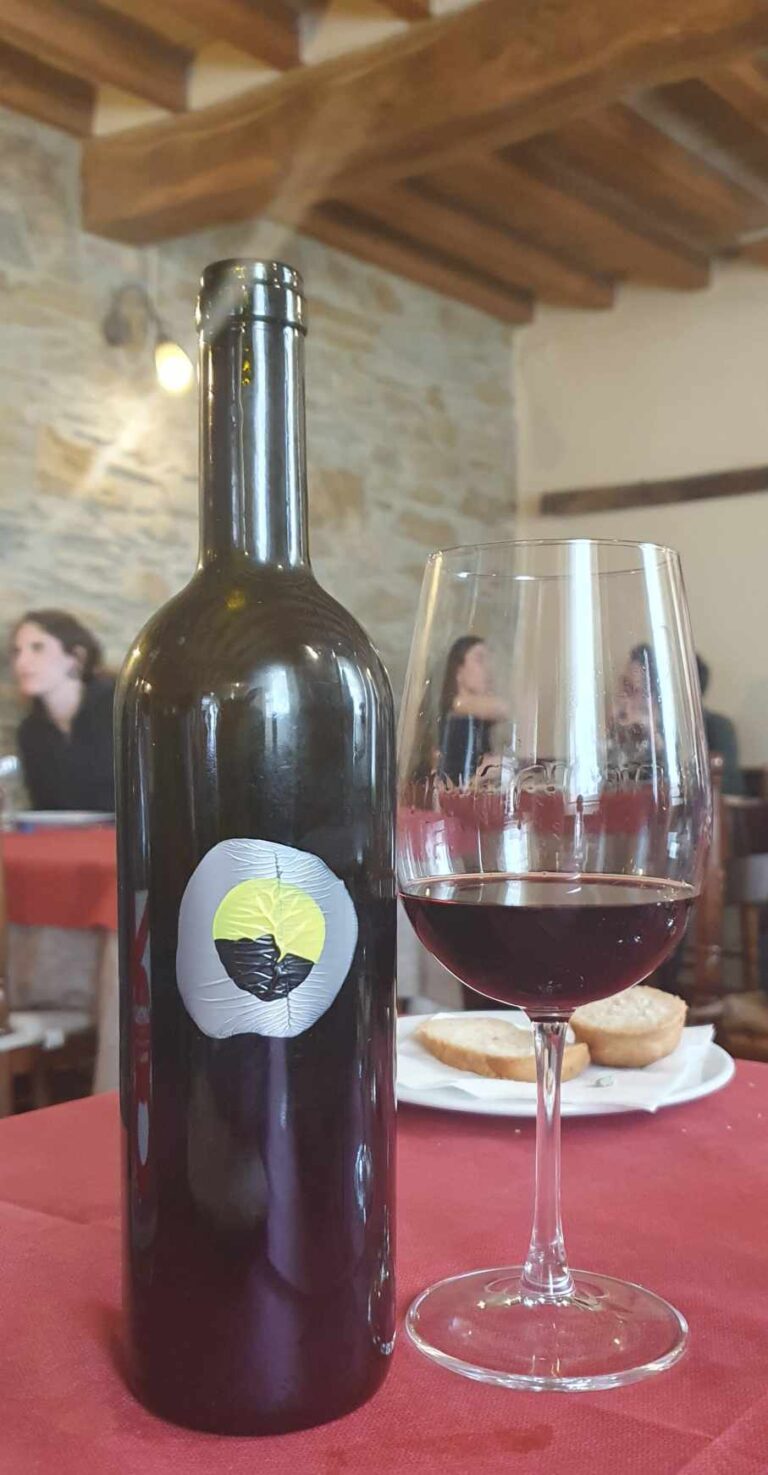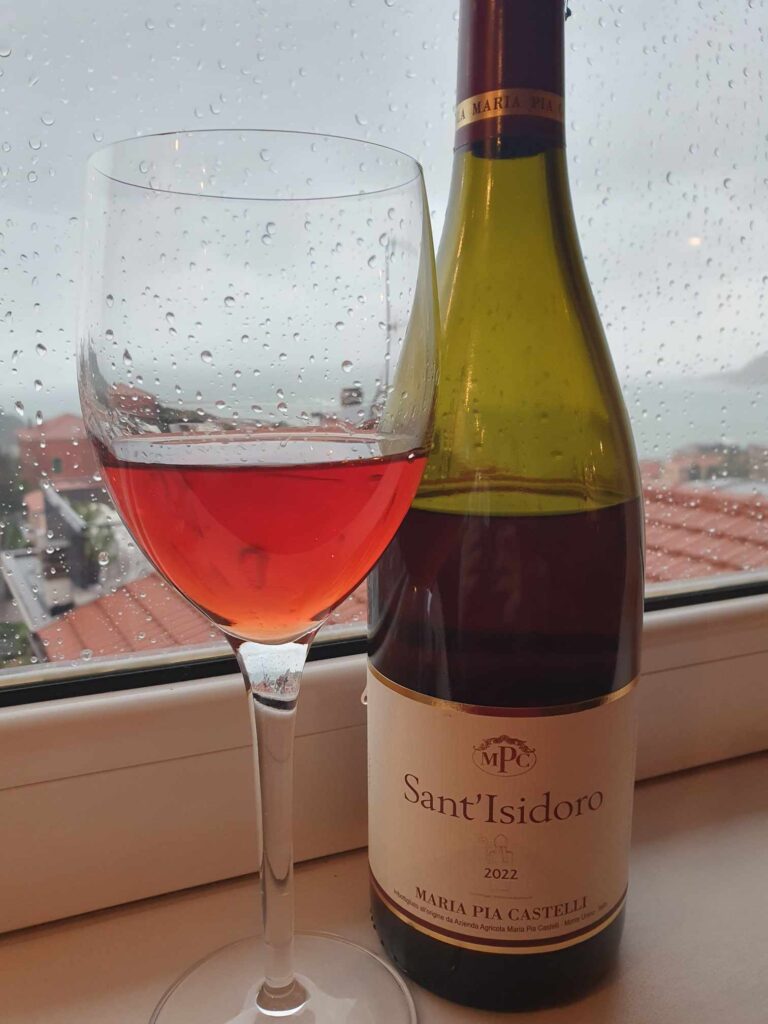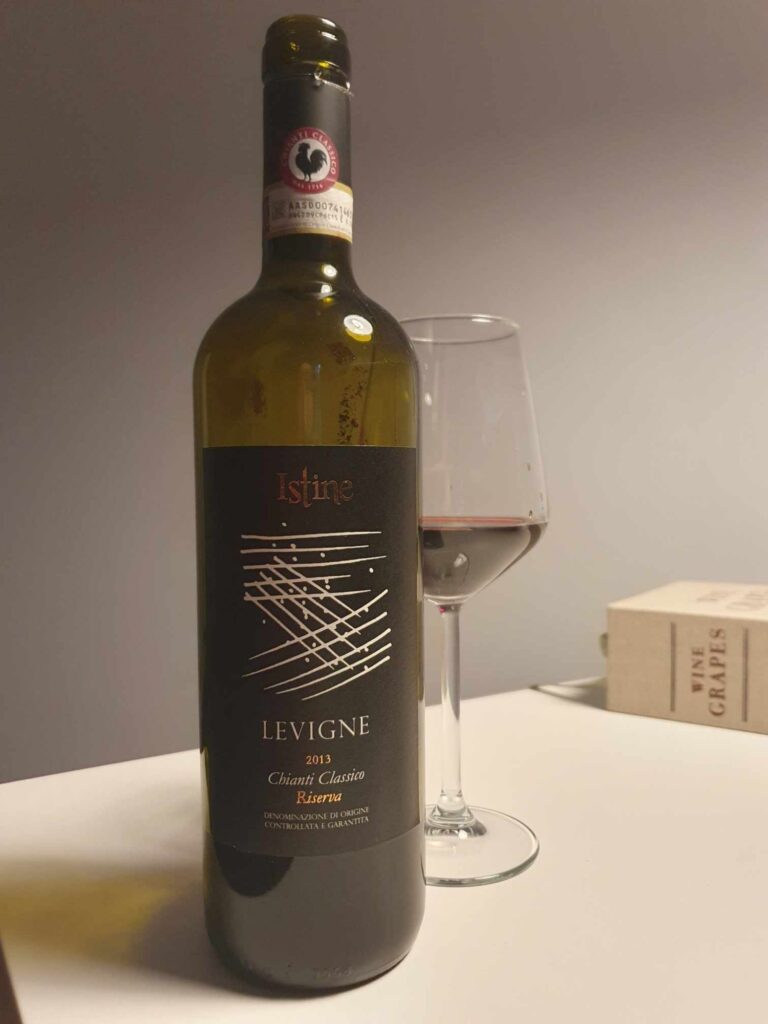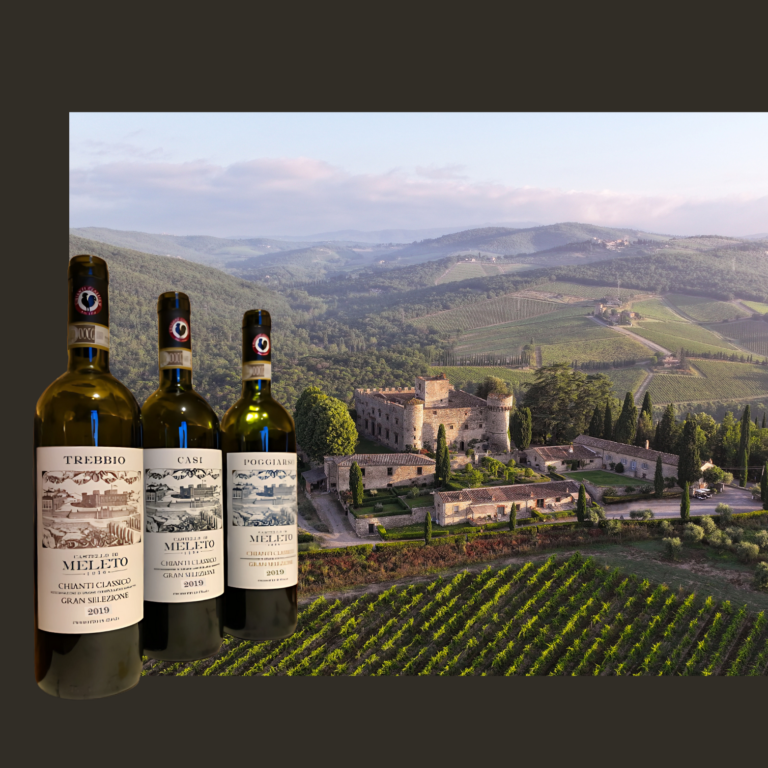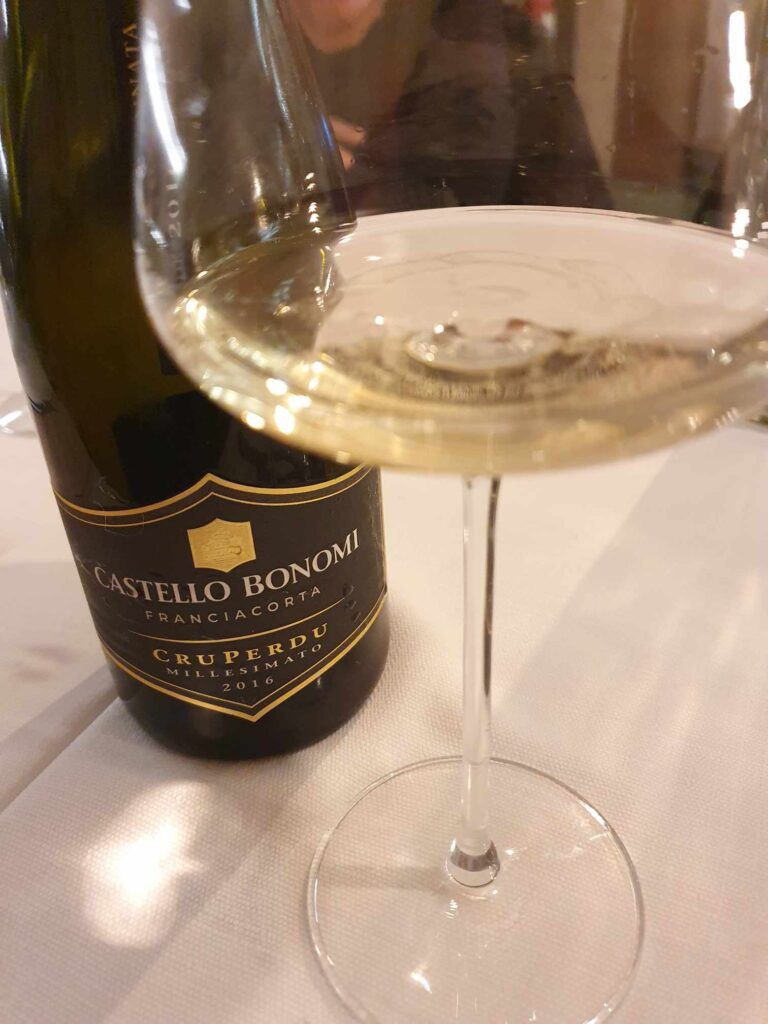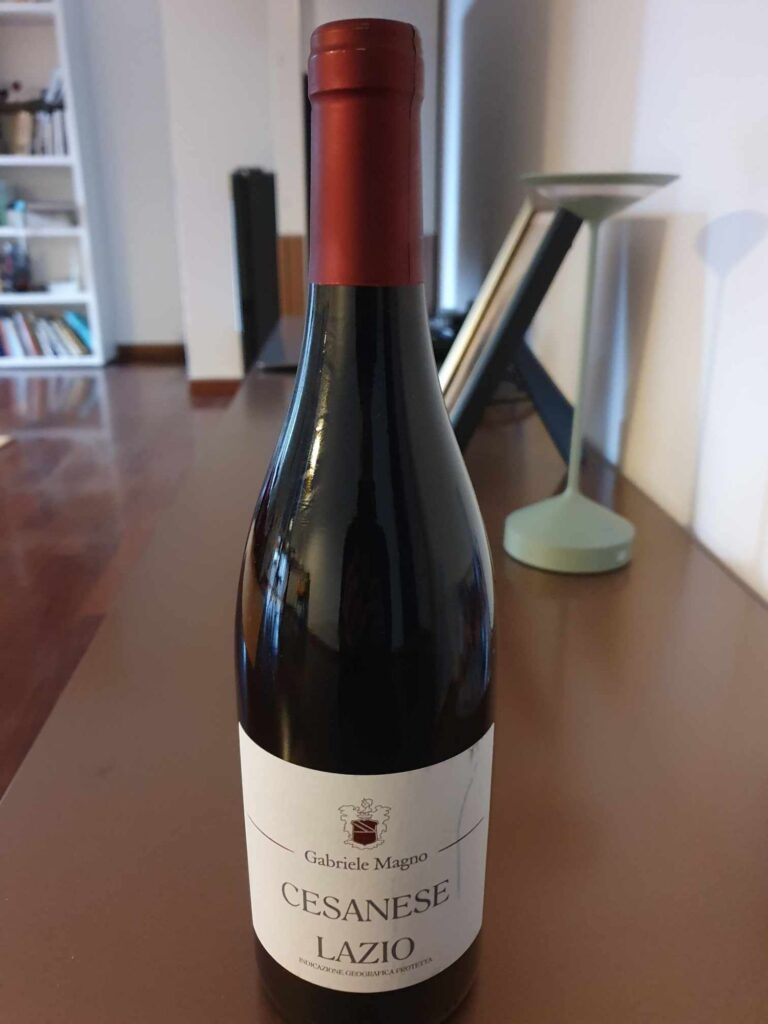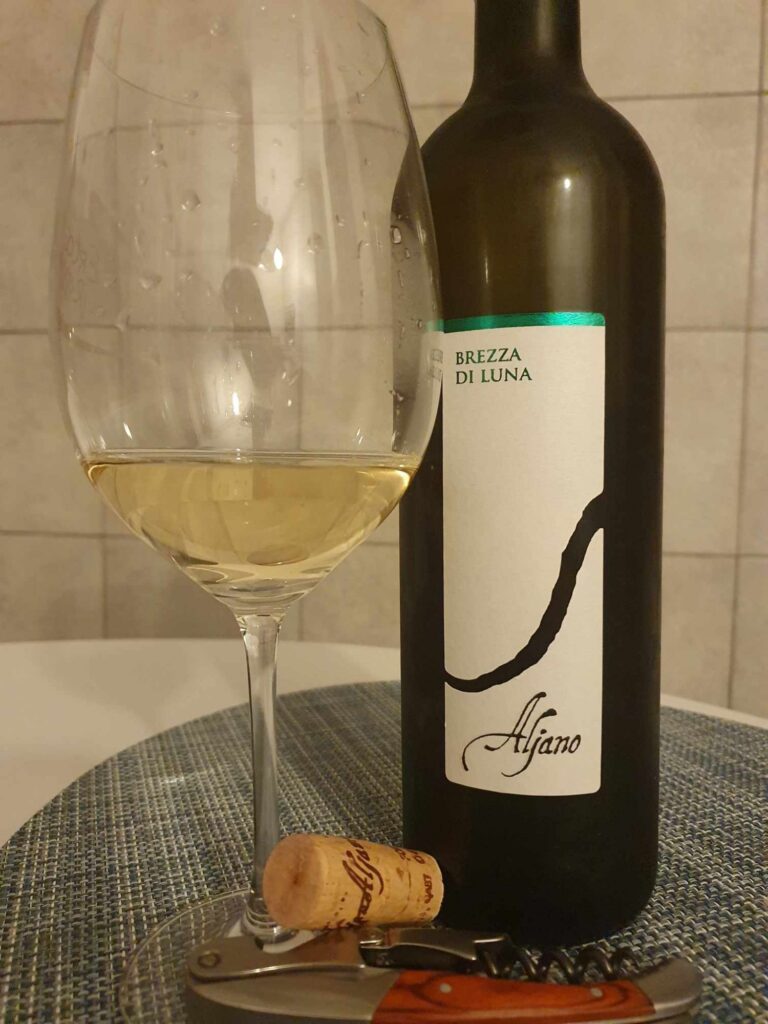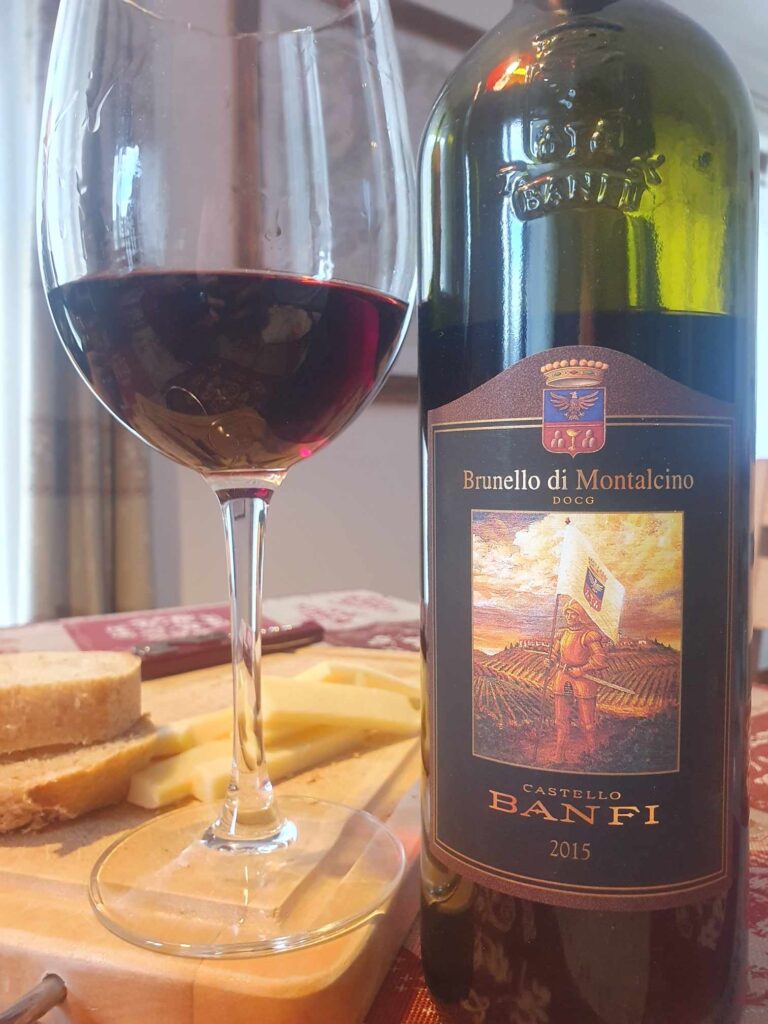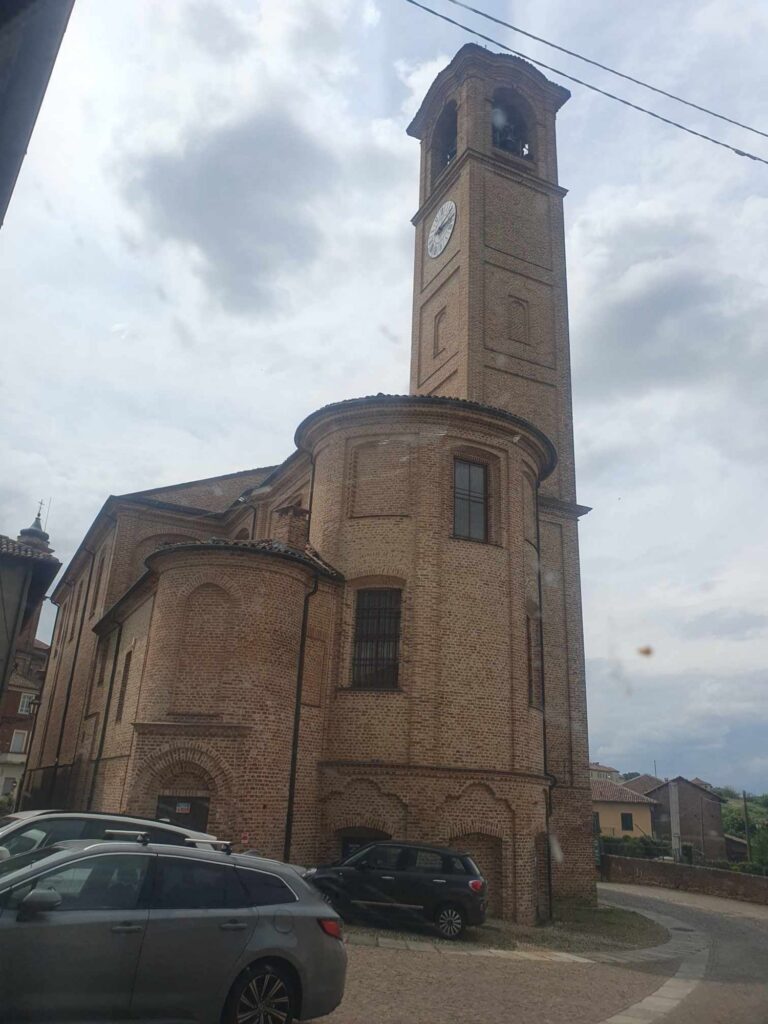The Po is the longest river in Italy, flowing from west to east. As it flows through the Lombardia region, it cuts out a small triangular, pizza-slice shaped area in the south-west of the region, known as the Oltrepò Pavese (OP). Oltrepò means “the other side of the Po”.
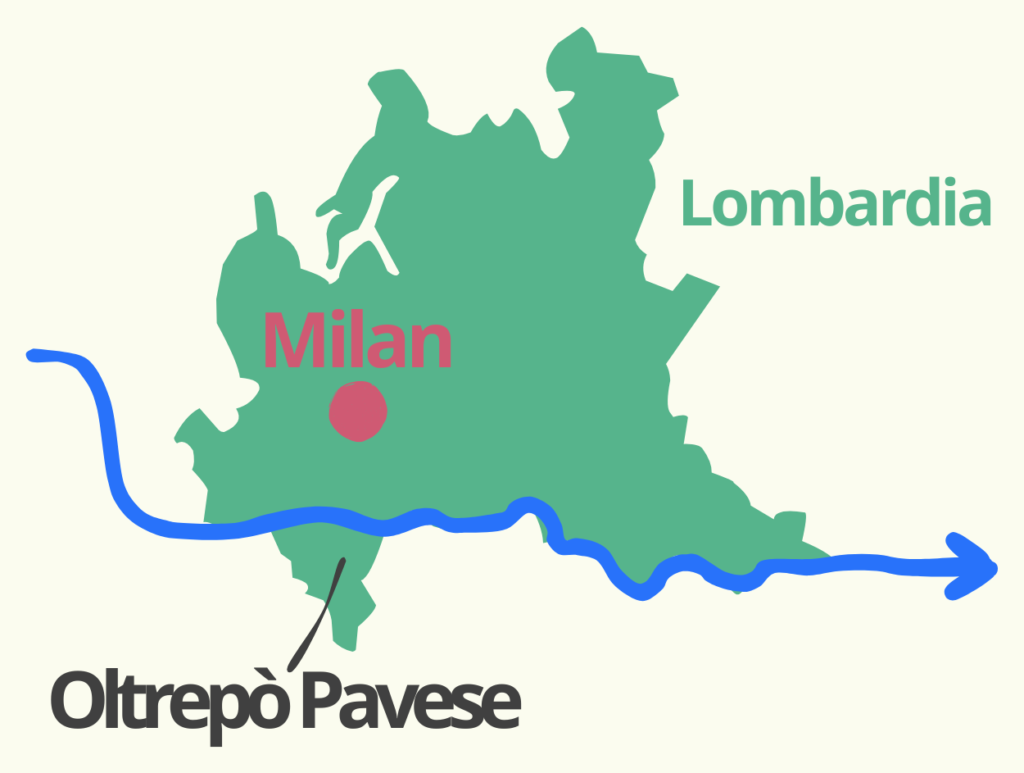
Table of Contents
Little known but a Pinot Noir hub
OP happens to be where Lombardia, Piemonte, Emilia Romagna and Liguria meet. When visiting north Italy, tourists usually just pass by OP without stopping by, because there’s already a lot to see in these four regions: Milan in Lombardia, the old royal capital Turin in Piemonte, Bologna in Emilia Romagna and Cinque Terre in Liguria.
Not just tourists, even most Italians are not familiar with OP. To them, the OP wine stands for still reds made mostly from Croatina, a local black grape variety, with a rather simple flavour profile.
What many people don’t know is that OP grows Pinot Noir grapes, A LOT OF THEM, with a total area of over 3,000 hectares, accounting for three-quarters of the total Pinot Noir production in all of Italy.
OP is hilly, and the difference in temperature between day and night (winegeekily called “diurnal range”) during the growing season (summer) is quite large, ideal for maintaining grapes’ acidity. If good care is taken, the Pinot Noir grapes grown here in OP can be of premium quality.
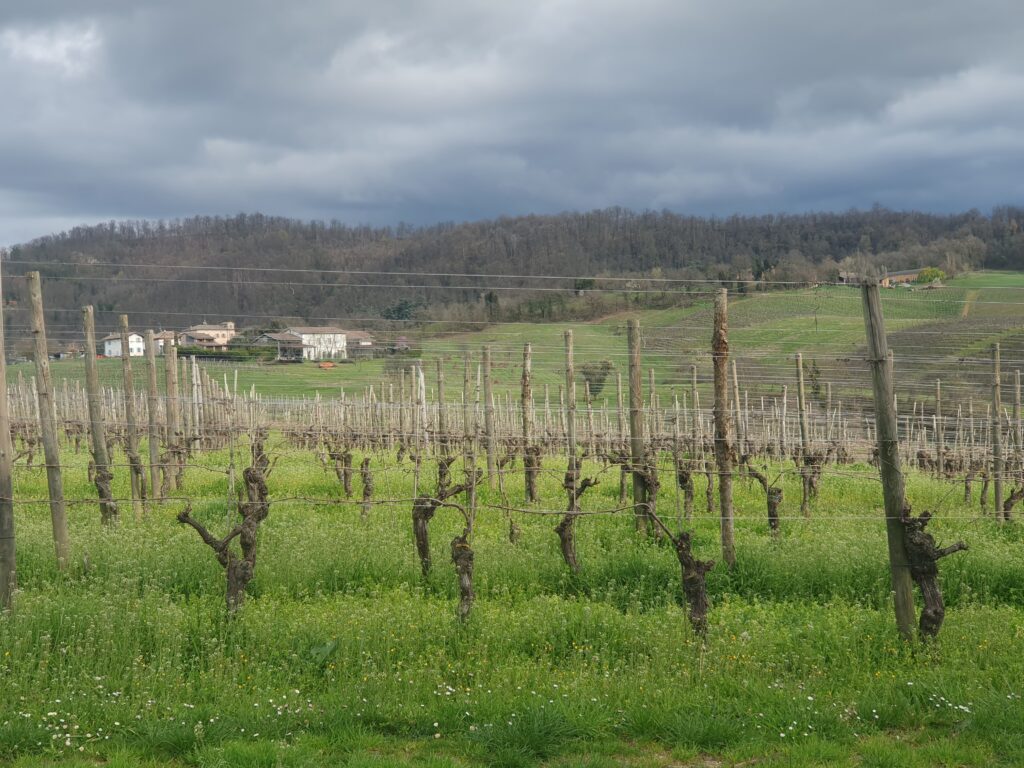
The 45th parallel north which passes Bordeaux also passes OP, meaning the climatic conditions of these two wine regions are similar (although Bordeaux receives more annual rainfalls). If Bordeaux can make good wines, Oltrepò Pavese can surely do so as well.
Ballabio: the pursuit of perfection
On the afternoon of Friday the 15th of March, I took a ride from Milan on this side of the Po River to Ballabio on the other side.
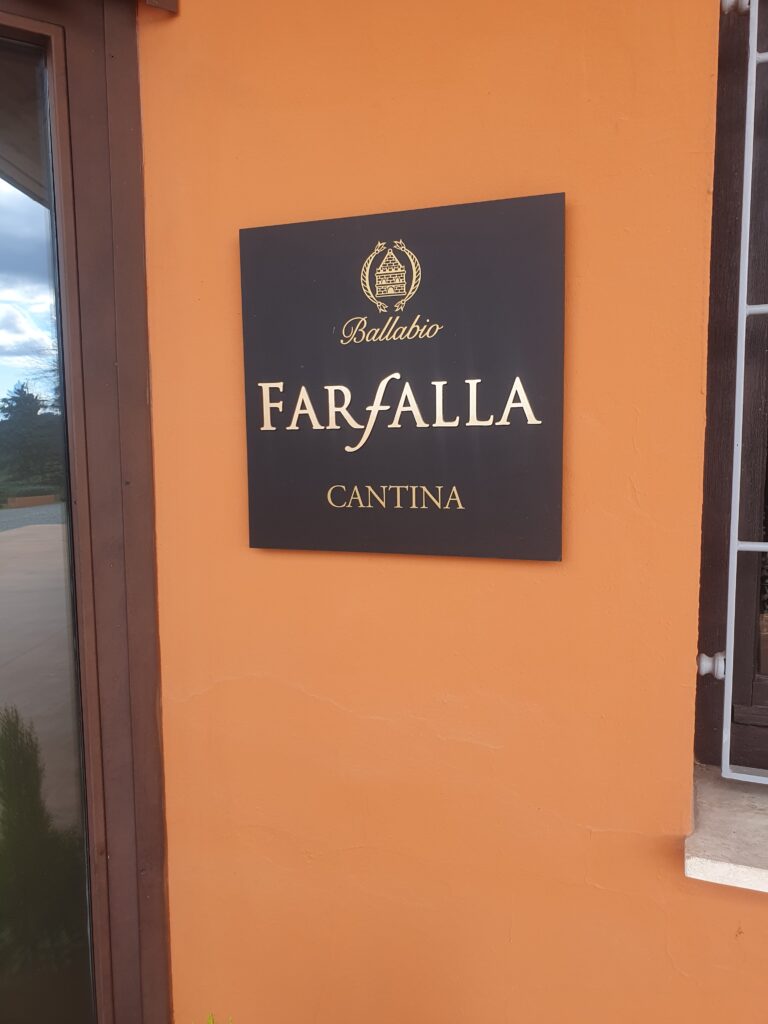
While Pinot Noir grapes in OP can be made into still reds or traditional sparkling wines (blanc de noirs or rosé), Ballabio makes the latter only.
Ballabio was founded in 1905 by Angelo Ballabio. In the 1980’s, the heirless family handed the estate to the Nevelli family, now in their third generation running it. Initially they’d also grown Croatina and made still red wine. Since 2016 they have focused on growing Pinot Noir and making sparkling wine.
At Ballabio, the grapes are manually harvested and whole-bunch pressed. Only the first dozens of percentages of the first press juice are taken. The rest of the first press as well as the second and the third presses are sold to other wineries.
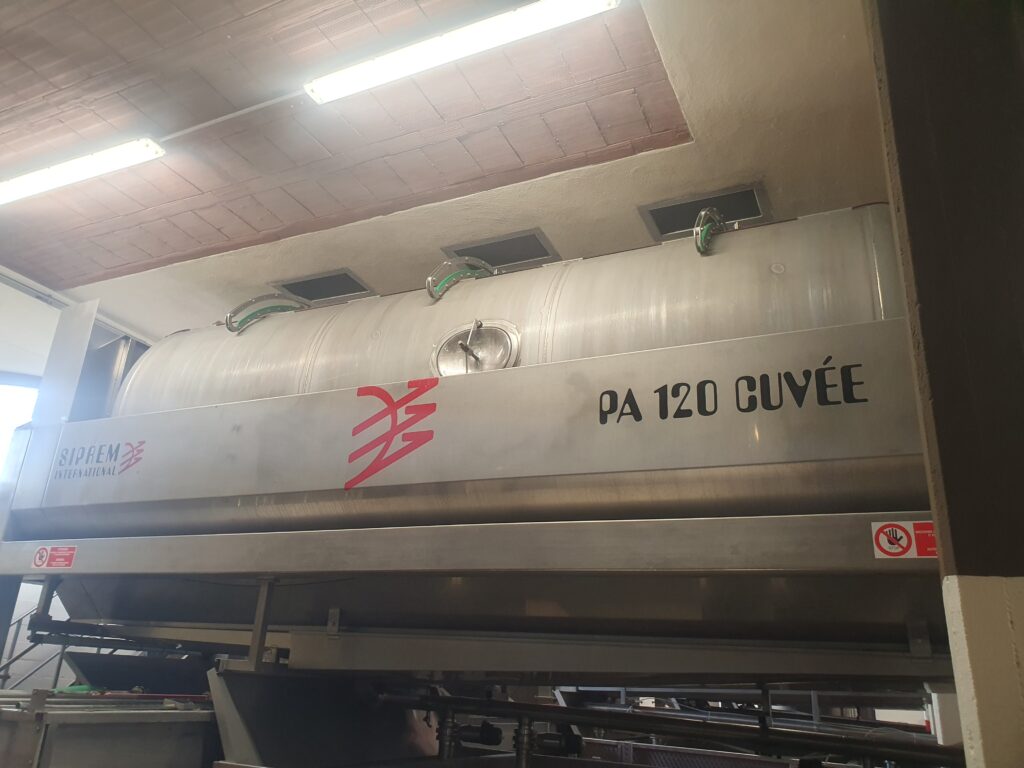
After the grape juice is made into the base wine, the winery will not turn all base wine into sparkling wine, but keeps some of it. Over the years, these base wines become riserva wines. Depending on the style of wine to be made, the winemaker takes riserva wines from different vintages (riserva wines can add flavour complexity), blend them in a desired proportion and conduct the second fermentation in the bottle to create the final sparkling wine.
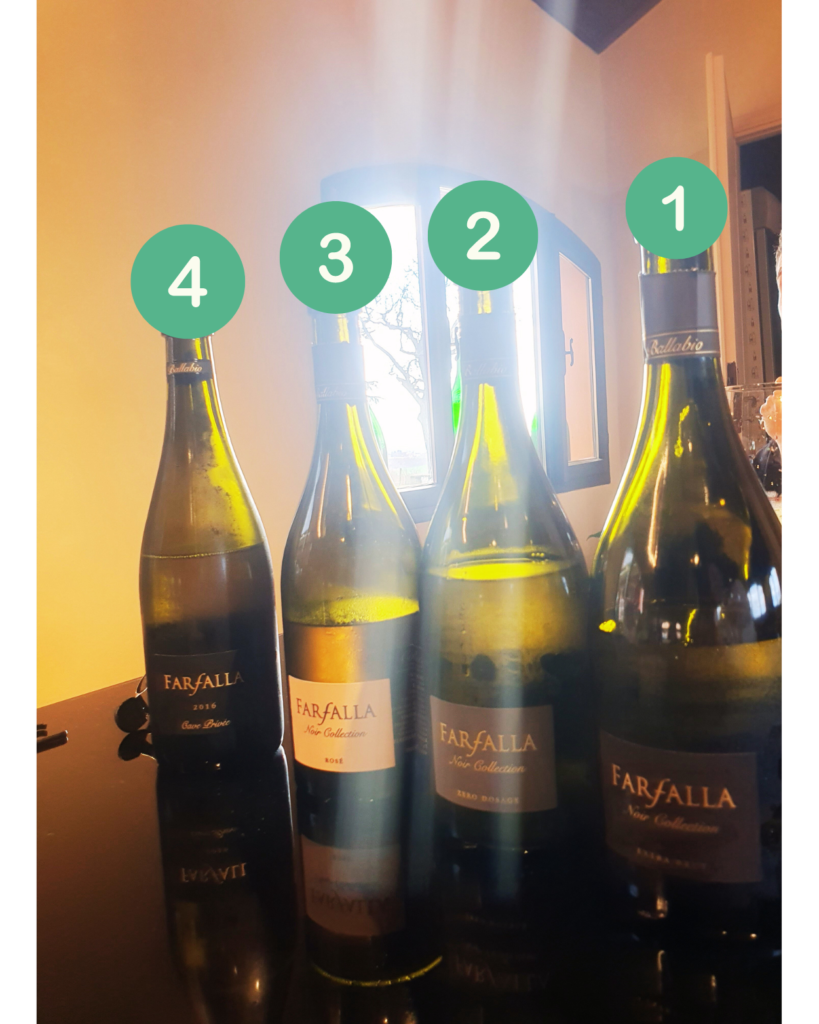
The first wine I tasted that day was an Extra Brut, a blend of a 20% of riserva wine. To my surprise, this Extra Brut showed a very prominent cidre aroma and flavour. This was my first time ever “meeting cidre” in a wine.
The second was a Pas Dosé, blended with a 35% of riserva wine. The fact that the base wine had been partly oaked gave it a rounder texture than most Pas Dosé.
The third was a rosé, a blend of a 20% of riserva wine. It boasted lovely grassy and raspberry flavours.
The fourth was a Cuvée Privée, a blend of only riserva wines from three vintages. 50% of the base wine had gone through malolactic conversion (hence the creamy, buttery flavour) and some had been oaked (vanilla flavour). Post bottle fermentation, the wine had been on lees for a very long time (bread, biscuit flavour). In addition to these flavours, I also tasted almond, a lovely twist.
My favourite out of the four was the first one. The joyful cidre character simply put a smile on my face.
One variety, four wines, spotless winery and meticulous cellar. In my opinion, what the Nevelli family pursues in winemaking is a gesture elegant yet sharp, a flavour complex yet pristine, and an identity keeping transcending and aiming for perfection. And you know what? In tasting, they wines show exactly so.
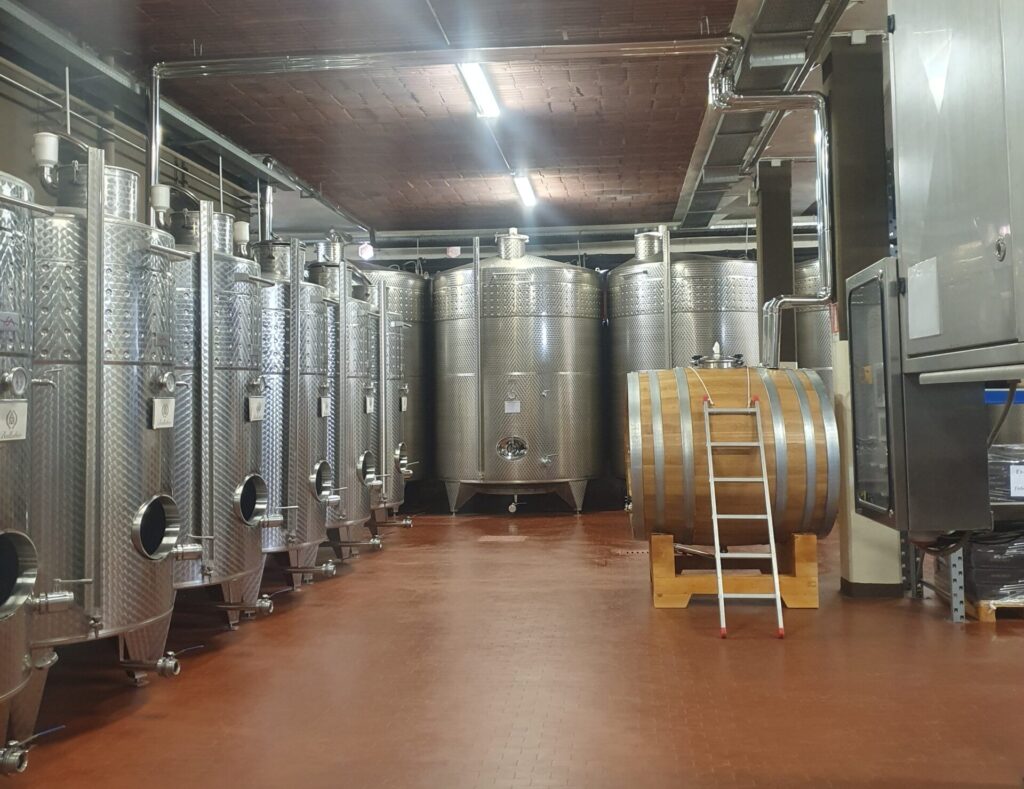
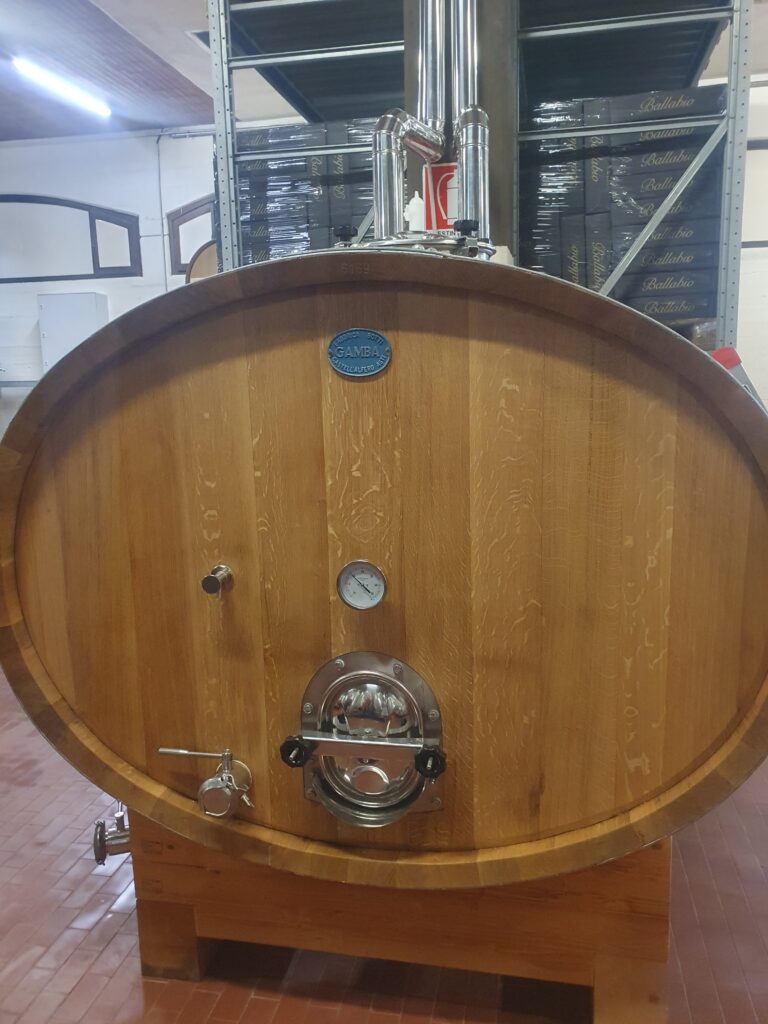
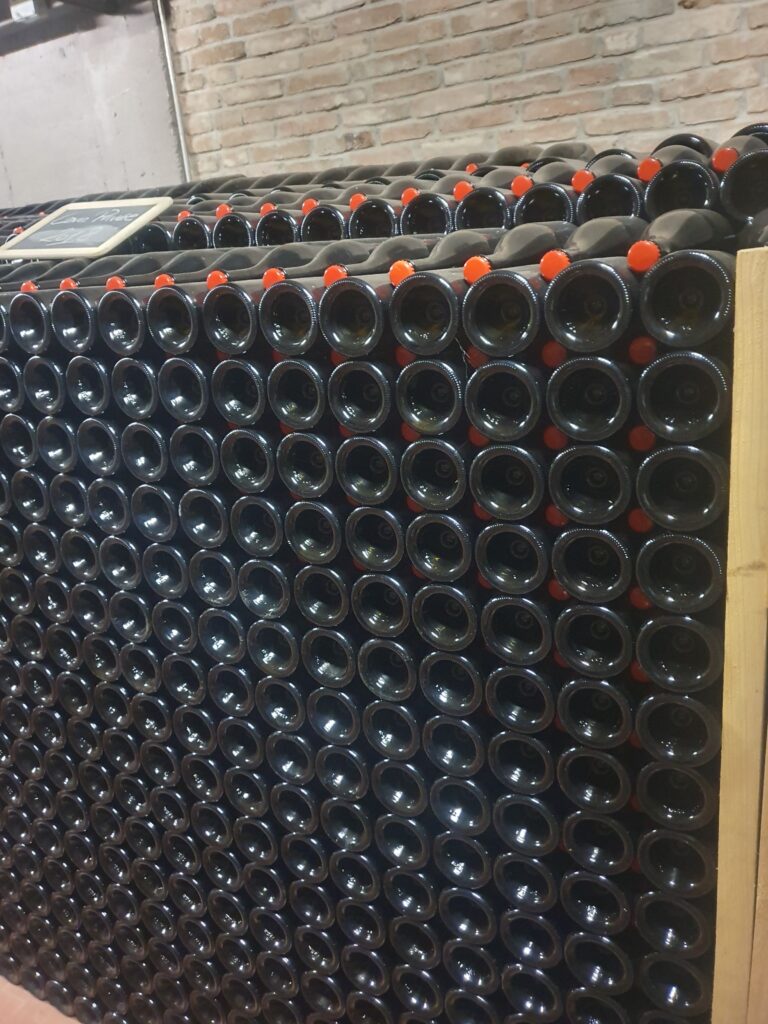
To book a visit and wine tasting at Ballabio, fill out the form here.
👇[Video Version]👇



